Learn how to manage a treatment-resistant condition that doesn’t improve with medication, and find tips on creating a lifestyle that supports mental health.
Mental illness is a growing epidemic in the United States. For many people, prescription drug therapy serves as a key component of robust treatment that’s effective in controlling symptoms and promoting healthy functioning. However, medication isn’t a quick fix, and for some people, it’s inadequate for providing necessary relief. Fortunately, there are other methods and coping strategies for managing mental illnesses when medication alone doesn’t work.
By the Numbers: Mental Illness in America
In the United States alone, tens of thousands of people navigate mental illnesses every day. As diagnostic criteria improve and more people are empowered to get the help they need, the number of diagnosed mental illnesses is climbing:
- Roughly 18.5% of adults are living with mental illness.
- 4% of adults have a mental illness that impacts their daily functioning and quality of life.
- One in four adolescents aged 13–18 has been diagnosed with a mental health disorder, with anxiety and depression serving as the most common disorders.
Treating Mental Illness With Medication
For many people living with a mental illness, regularly taking medication offers an effective way to manage symptoms. There are several types of medications for those living with mental health conditions, with the most common types including:
- Antidepressants
- Antianxiety medications
- Anti-psychotic medications
- Mood stabilizers
- Stimulants
A mental health professional recommends medications based on the symptoms they’re addressing. For example, someone living with depression or anxiety may benefit from antianxiety medications such as selective serotonin reuptake inhibitors, or SSRIs, which increase the amount of serotonin in the brain to promote the regulation of mood, appetite and sleep. Similarly, someone living with a disorder such as schizophrenia may have a prescription for an anti-psychotic medication, which typically works by altering the brain chemistry to reduce hallucinations and delusions.
The effectiveness of medication for mental illness varies considerably from one person to another. Some people experience significant improvement in their symptoms once they begin their medication regimen. Others discover they’re living with a treatment-resistant condition that requires a different approach.
Treating Mental Illness When Medication Doesn’t Work Anymore
For those living with a treatment-resistant condition, it can be discouraging when conventional medications don’t provide adequate symptom control. In this case, it may be necessary to incorporate other treatment strategies and coping mechanisms to manage the condition.
Keep a Consistent Sleep Schedule
Particularly for those living with a mental illness, sleep plays a critical role in managing symptoms. Conditions such as depression and anxiety can make it challenging to achieve restorative rest, and conversely, poor sleep can worsen symptoms. While we sleep, our brains go into repair mode: Nerve cells reorganize, information gets stored and the body releases proteins and hormones. Compromised sleep can lead to disorders such as anxiety and depression or exacerbate existing conditions.
While a solid sleep schedule isn’t a cure for mental illness, it can go a long way in supporting treatment and promoting healthy functioning in the brain and body. To create a consistent sleep schedule:
- Set a fixed wake-up time, even on weekends.
- Create a predictable bedtime routine.
- Limit exposure to electronics, such as smart devices or televisions, at least an hour before bed.
- Create a bedroom environment conducive to sleep, such as adding room-darkening shades or a white-noise machine.
- Avoid caffeine or heavy meals close to bedtime.
Maintain a Healthy Diet
Like sleep, the food we eat directly impacts our mental health. The field of nutritional psychiatry focuses on how food affects the brain’s structure and function and, ultimately, mood and mental well-being. Some research indicates that regularly taking in large amounts of refined sugars can worsen mood disorders such as depression. Additionally, for many people living with a mental illness, disruptions to regular eating schedules are common, with some people overeating while others skip multiple meals.
By maintaining a healthy diet based on whole, minimally processed foods and following a regular meal schedule, an individual can support their mental health by providing their body with a continuous supply of high-quality fuel necessary for optimal functioning.
Incorporate Daily Exercise
When it comes to help for treatment-resistant depression, exercise may be one of the most underrated coping strategies. According to a recent study, many people living with depression experience limited success with medications due to unpleasant side effects. The study’s authors determined that exercise therapy produced benefits similar to traditional treatments for depression, with moderate-intensity exercise resulting in a reduction of depressive symptoms and high-intensity exercise improving overall functioning.
Exercise can help alleviate the symptoms of mental illness for many reasons, including:
- Improved self-esteem
- Enhanced support system
- Improved sleep quality
- Increased life satisfaction
- A sense of accomplishment
- Improved chemical balance in the brain
When it comes to addressing depression symptoms, intensity and consistency matter more than the type of exercise. Some exercises to consider include:
- Yoga
- Walking
- Jogging or running
- Cycling
- Strength training
- Swimming
Incorporate Psychotherapy
It’s generally simple to get a medication prescription for a mental illness; most primary care providers screen for depression and anxiety and prescribe medications to help with symptom management. However, while some people find sufficient relief in medication alone, others find that medication without psychotherapy has limited benefits.
In a recent study from the Journal of the American Medical Association, researchers found that combining psychotherapy with antidepressant medication is often the best course of treatment, especially for those with severe or chronic depression. This approach provided greater symptom improvement than medication alone.
Depending on an individual’s financial considerations, treatment options in their geographic region and their schedule, they may have several options for obtaining psychotherapy, including:
- Virtual mental health care
- Group therapy
- One-on-one therapy
Talk to Your Doctor
In some cases, medications need weeks to work. In others, one medication doesn’t provide effective symptom relief, but adding another medication can offer significant improvements. When medication doesn’t work anymore, it’s a good idea to talk to your doctor to see if switching to another medication or adding to your current regimen may be beneficial.
Contact Sunlight Recovery
Medication can be a core component of treatment for a mental illness, but not everyone experiences the same reduction in their symptoms. If you need help for treatment-resistant depression or a similar mental health disorder, other methods and treatments are available that you can use to achieve full recovery. If you or someone you know wants to find out more about alternative forms of mental illness treatment, please contact Sunlight Recovery for assistance on how to proceed.


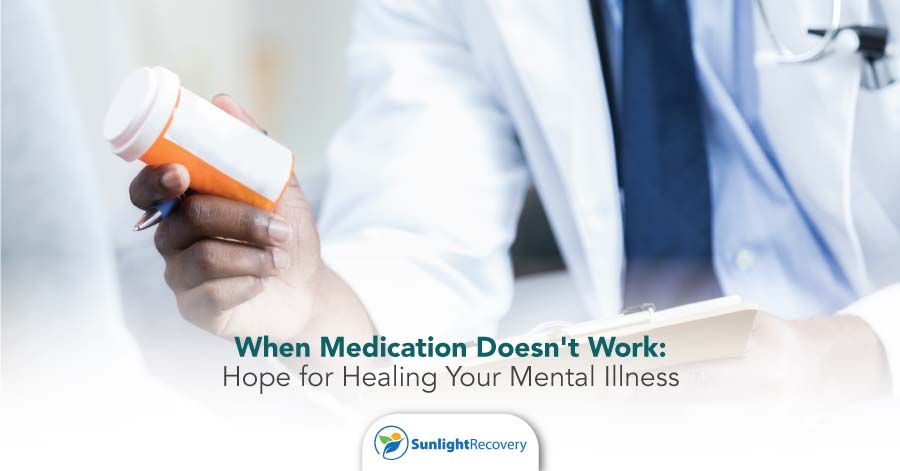
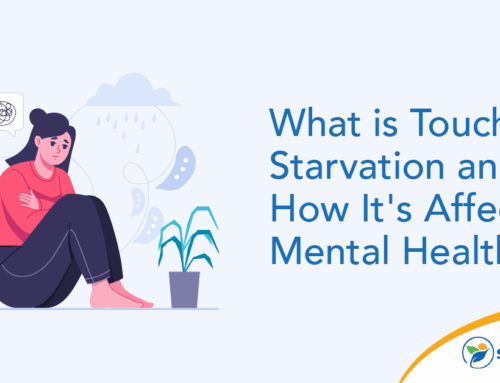
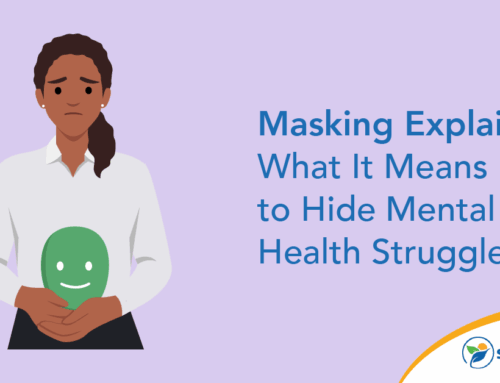
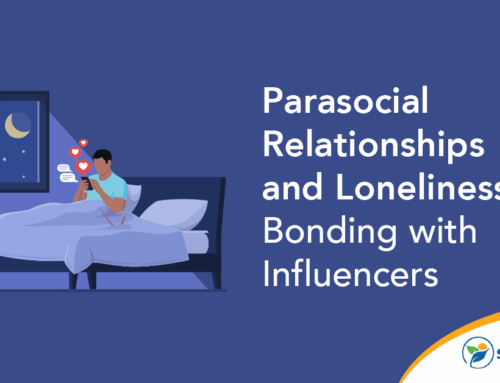
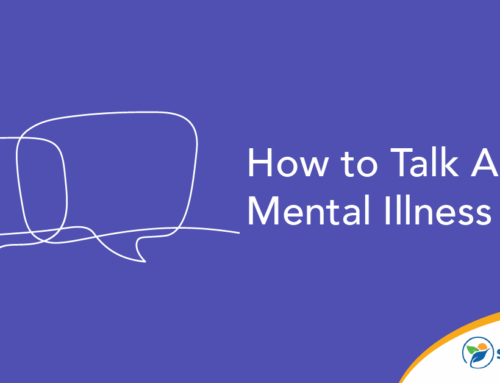

Leave A Comment